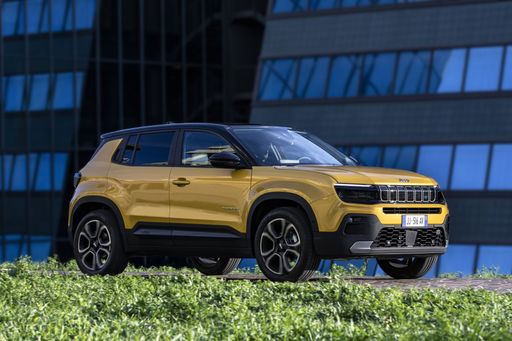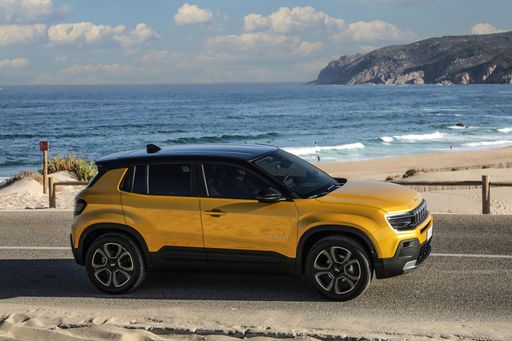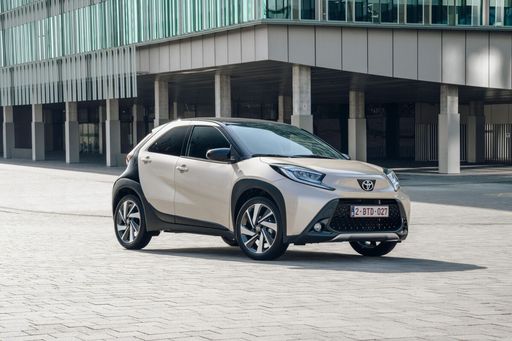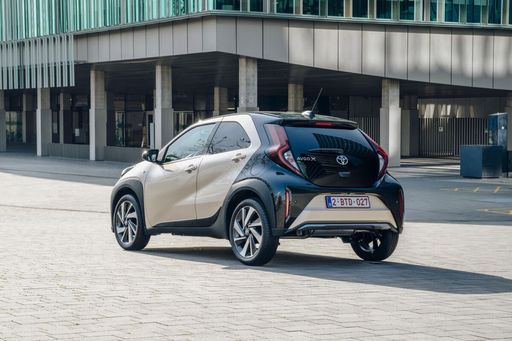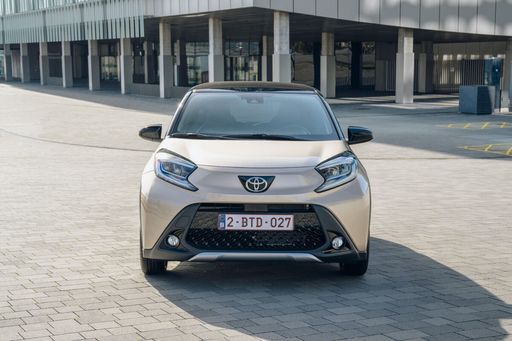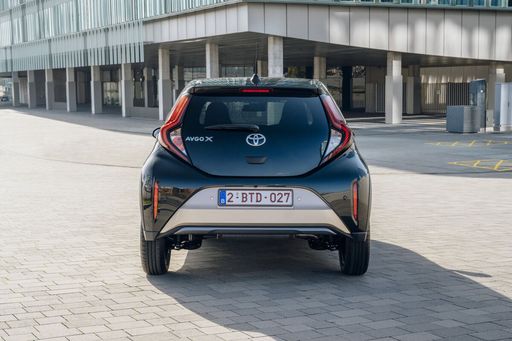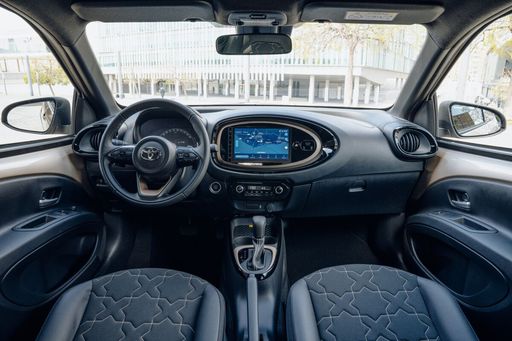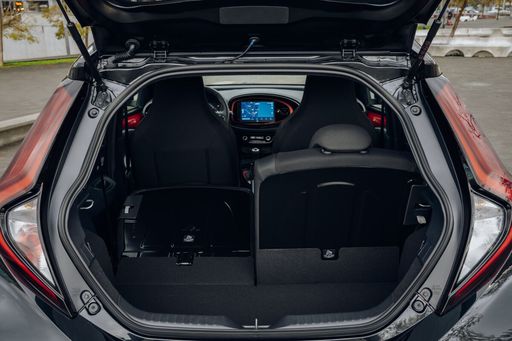Jeep Avenger vs. Toyota Aygo: A Clash of Cultures in the Automotive World
In the ever-evolving landscape of the automotive industry, car enthusiasts are often presented with a plethora of choices, each vying for attention. Among these choices, the Jeep Avenger and the Toyota Aygo stand out for their unique offerings and distinct market segments. While the Avenger embodies the rugged spirit of an SUV, the Aygo leans towards compact efficiency. This article will delve into a detailed comparison of these two vehicles, focusing on their technical aspects and innovative features.

